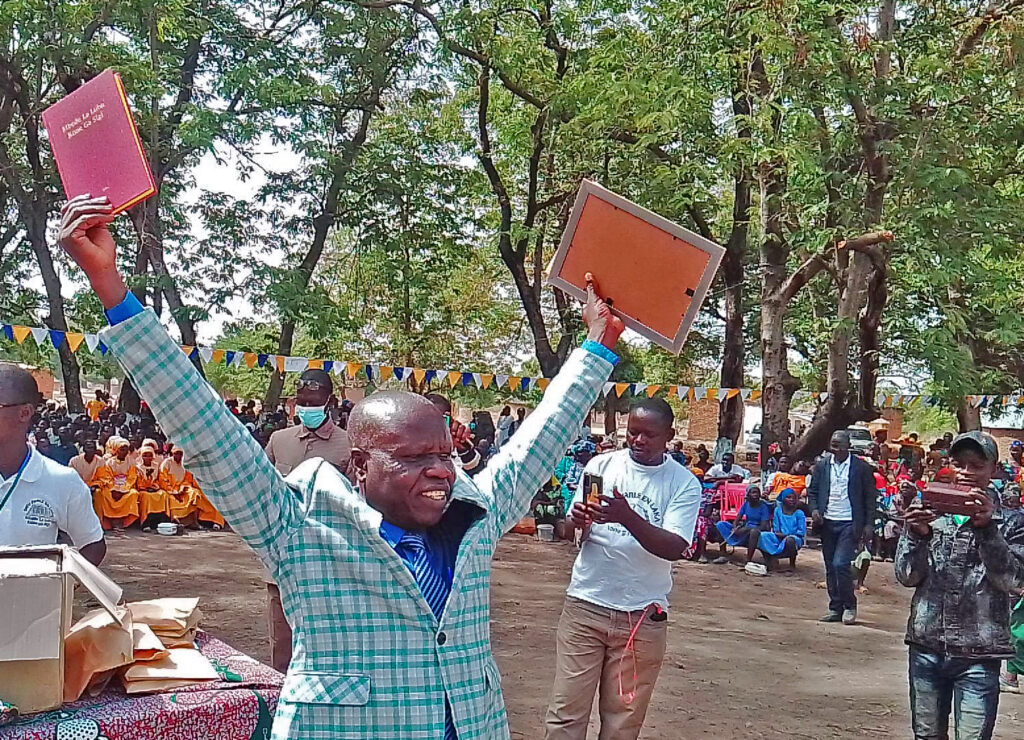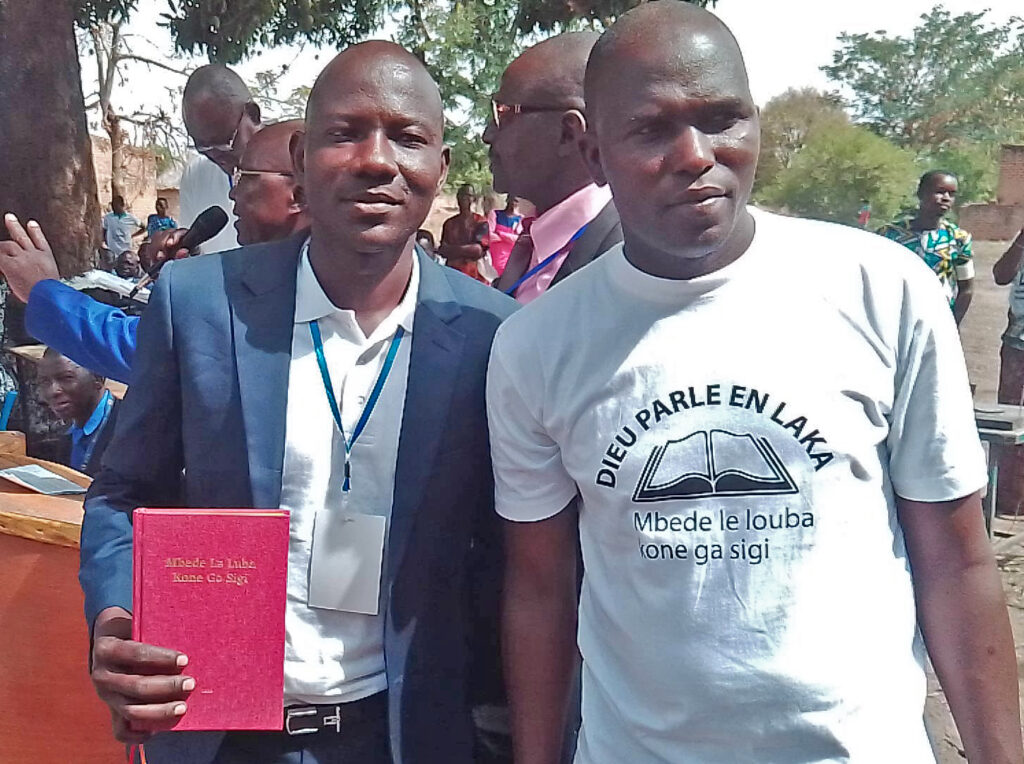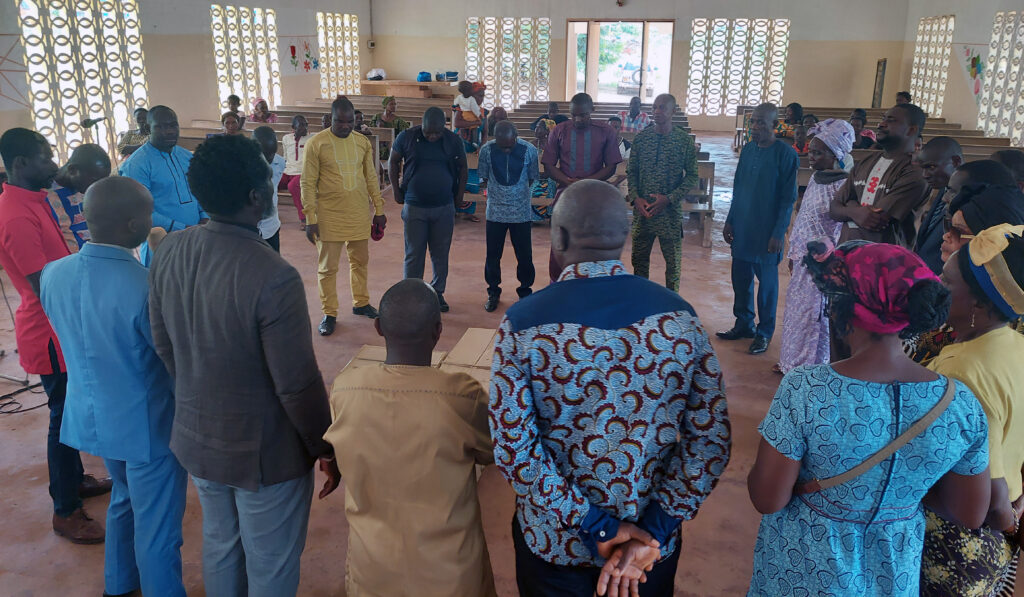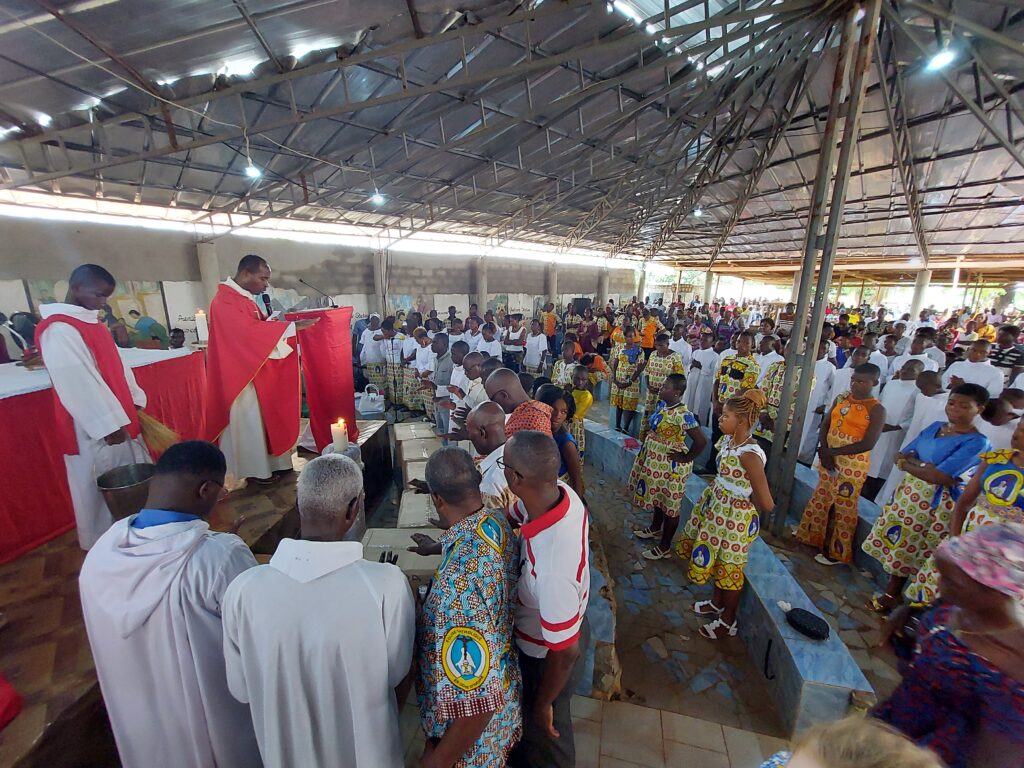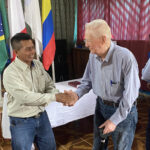Children, Crying, and Culture

Can it be that all cultures of the world have certain codes that dictate when children are allowed to cry and when they’re forbidden? Steve had a “technology confronts culture” clash recently about this very subject.
As he was loading passengers into the airplane, Steve explained to a father that his young child would indeed become unhappy about being strapped into his lap with a seatbelt. He told the father not to worry, the crying wouldn’t bother anyone, and the child would fall asleep as soon as they took off. The father nodded in agreement.
True to Steve’s prediction, the child began crying hysterically as he fastened the seatbelt. Steve then shut the door, walked to the pilot’s door, and climbed in. As he started the engine, he gave a quick look toward the back of the airplane and saw the child happily running up and down the aisle.
Frustrated, Steve shut down the engine, got out of the airplane, and walked to the passenger door to speak with the father. “I told you that you must keep your child strapped to your lap. It’s not an option for him to be unfastened,” he said. “I assure you, your child will fall asleep very quickly. The child may not travel on the aircraft unless you agree to these terms.”
The father agreed. As predicted, as soon as they were airborne, the child went to sleep. Steve looked back and grinned at the father, who was very relieved.
Later that week, Steve shared this experience with a friend. The friend told us that in some areas of Papua New Guinea, parents don’t let their children cry because they’re afraid evil spirits will be alerted and come snatch away the child. What a sobering thought! Talk about fear!
Whether this father was afraid of evil spirits or simply didn’t want his child to cry, we do not know. We do know that things aren’t always what they seem.
Serving in another culture takes a lot more than great training, preparation, and professional skills. Opportunities for misunderstanding come up all the time—and they keep us looking to the One who called us. He understands all cultures, and he wants all people to know his heart. What a privilege to play a part in that story.































































